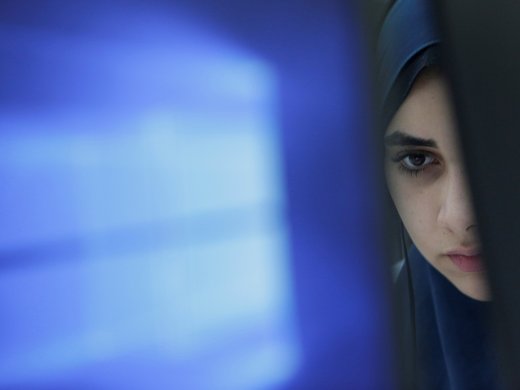This paper addresses the international refugee regime’s failure, despite significant international law and policy developed over the past 30 years, to address the protection needs of refugee women and girls and to promote gender equality in policy and service provision. This failure results in serious human rights abuses and squanders the enormous potential and social capital that women and girls can bring to achieving solutions. Refugee women and girls continue to suffer endemic sexual violence and discrimination and to be marginalized, their voices and capacities ignored.
The current negotiation of a global compact on refugees by UN member states, led by the UN Refugee Agency, provides an opportunity to look at the reasons for this failure and its implications for women and girls, men and boys, youth, families and communities, in host countries and countries of asylum. The issue is both humanitarian and political, and includes the contentious debate about whether refugees are “burdens” or “responsibilities,” an argument mainly between the governments of the Global South, who host the majority of refugees, and those of the Global North, who provide resources. These tensions, and ideological positions held by stakeholders, all adversely impact refugee women and girls.
The increased movement of refugees and the scarcity of resources have decreased the protection available for all refugees and made the plight of women and girls even more acute. The authors outline seven key barriers to refugee women and girls’ achieving gender equality in policy and practice. They explore the ways in which each barrier exacerbates and compounds the others, and recommend approaches to bring about the structural and operational changes urgently needed.


